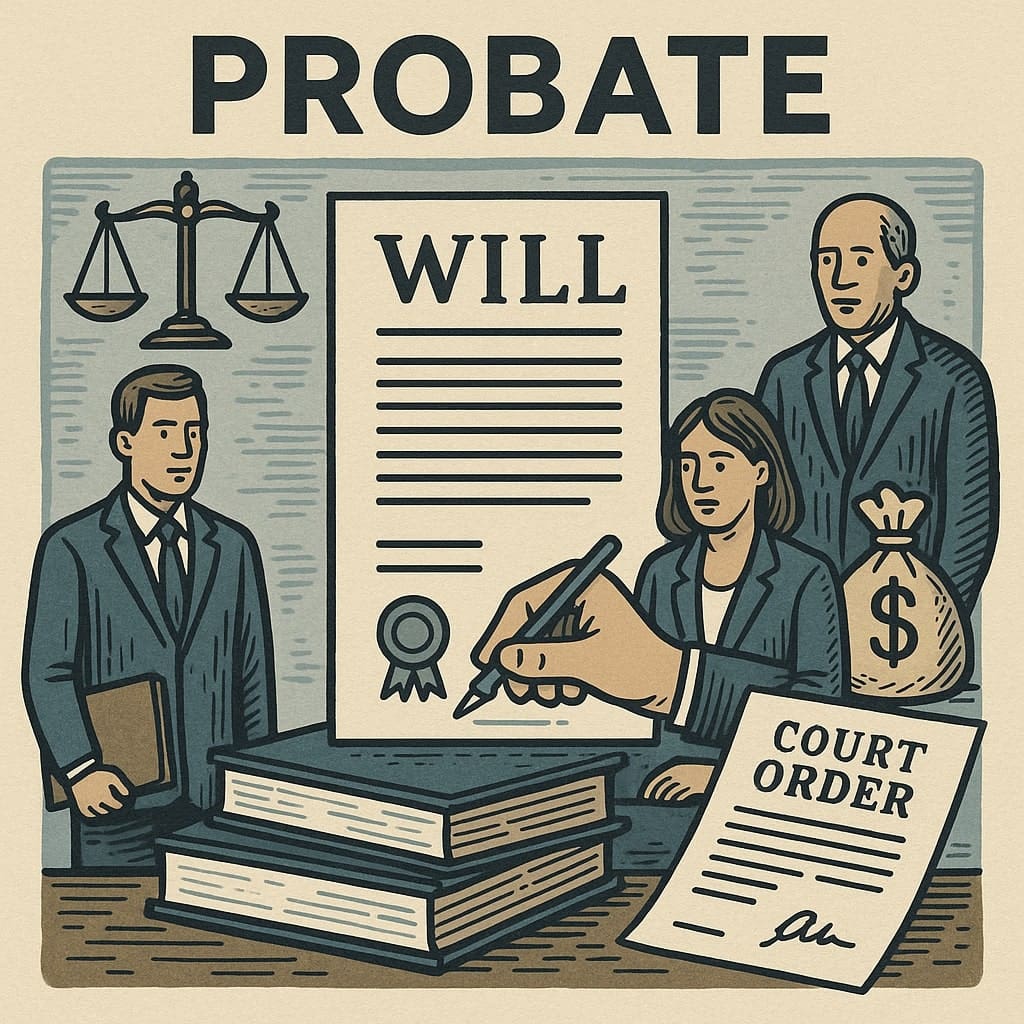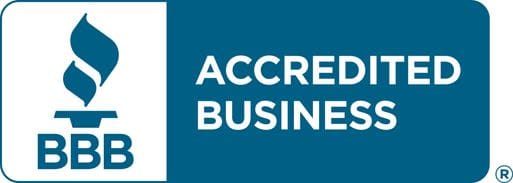
What is Probate? Procedures, Costs, Timelines, and How to Avoid It
When a loved one passes away, their estate — everything they owned — often goes through a legal process known as probate. While it may sound intimidating, understanding probate can make a challenging time a little easier. In this article, we’ll explain what probate is, what the procedures involved, how long it takes, the typical costs, and strategies to avoid it.
What is Probate?
Probate is the legal process of validating a deceased person's will (if they had one) and distributing their assets to beneficiaries. If there is no will, the court appoints an administrator, and the estate is distributed according to state law. Probate ensures debts are paid and the rightful heirs receive what they're entitled to.
Key purposes of probate:
- Confirm the validity of a will.
- Identify and inventory the deceased’s property.
- Appraise the property.
- Pay debts and taxes.
- Distribute the remaining property to heirs.
What are the Probate Procedures?
The probate process varies slightly depending on state laws but generally includes these steps:
- Filing a Petition
The executor (named in the will) or an interested party files a petition with the probate court to open the estate. If there's no will, someone (usually a close family member) asks to be appointed administrator. - Notice to Heirs and Creditors
Formal notice is given to heirs and creditors, allowing them an opportunity to contest the will or make claims against the estate. - Inventory and Appraisal
The executor or administrator must inventory all assets and have them appraised. This includes real estate, personal belongings, stocks, bonds, and bank accounts. - Paying Debts and Taxes
Before any inheritance is distributed, the estate must pay outstanding debts, including taxes. - Distribution of Assets
After debts and taxes are settled, the remaining property is distributed according to the will or state law (if no will exists). - Closing the Estate
Finally, a report is filed with the court, and the estate is officially closed.
How Long Does Probate Take?
The probate process typically takes six months to two years depending on:
- Complexity of the estate (large estates with lots of assets take longer)
- Disputes among heirs or creditors
- State-specific probate laws
- Court backlog and efficiency
Small, simple estates may be wrapped up in as little as a few months, while contested or complex estates can drag on for several years.
What are the Average Costs of Probate?
Probate costs vary by location and estate size, but on average, probate can consume 3% to 7% of the total estate value. Common probate costs include:
- Court fees: $200 to $1,000+
- Executor fees: Often a percentage of the estate or hourly rate
- Attorney fees: Vary depending on the complexity (some states allow percentage-based fees)
- Appraisal fees: For real estate and valuable personal property
- Accounting fees: For preparing final tax returns
- Bond fees: If a bond is required by the court
For example, on a $500,000 estate, probate costs could range between $15,000 and $35,000 or more.
How Can I Avoid Probate?
Avoiding probate can save your heirs time, money, and stress. Here are some common strategies:
- Create a Living Trust
A revocable living trust allows your assets to pass directly to beneficiaries without going through probate. - Name Beneficiaries
Designate beneficiaries for retirement accounts, life insurance, and even bank accounts (via payable-on-death or transfer-on-death designations). - Joint Ownership
Own property jointly with rights of survivorship — upon your death, the property automatically passes to the co-owner. - Gifts
Giving away property during your lifetime reduces the estate size and, thus, probate involvement. - Small Estate Procedures
Some states offer simplified probate for small estates (under a certain dollar amount). Proper planning can make you eligible.
Final Thoughts
Probate doesn’t have to be a nightmare, but understanding how it works — and planning ahead — can make it much smoother or even avoidable altogether. If you're planning your estate or handling a loved one's, consulting with an experienced probate attorney is often well worth the investment.


